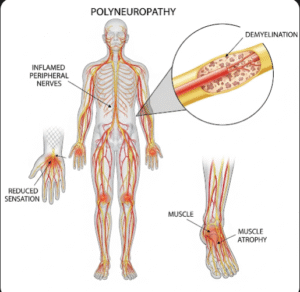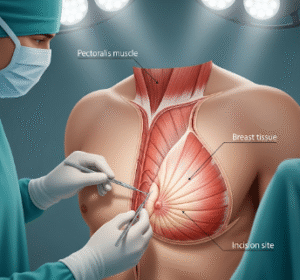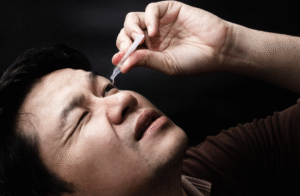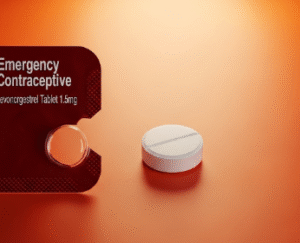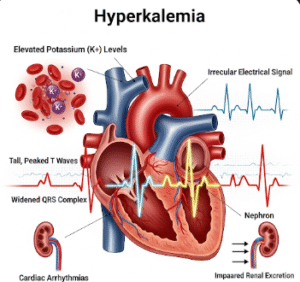Overview
Rebound headaches, also known as medication overuse headaches, occur when frequent or excessive use of headache relief medications paradoxically causes more frequent and severe headaches. This condition can create a challenging cycle of pain and medication dependency. In Korea, neurologists offer expert diagnosis and treatment plans to break this cycle and improve patient quality of life.
What are Rebound Headaches?
Rebound headaches develop due to overuse of acute headache medications such as analgesics, triptans, or caffeine-containing drugs. The brain becomes sensitized to these medications, leading to increased headache frequency and intensity. This condition is common in individuals who treat migraines or tension headaches with frequent medication.
Symptoms
- Daily or near-daily headaches
- Headaches worsening upon waking or medication use
- Dull, throbbing, or pressure-like pain
- Associated symptoms like nausea, irritability, or difficulty concentrating
- Relief only temporarily achieved with medication, followed by recurrence
Causes
- Overuse of painkillers (e.g., acetaminophen, NSAIDs)
- Frequent use of migraine-specific drugs (triptans, ergotamines)
- Regular caffeine consumption or withdrawal
- Use of combination analgesics
Risk Factors
- Chronic migraine or tension-type headache sufferers
- Use of acute headache medication more than 10-15 days per month
- Female gender (more common in women)
- History of mental health disorders such as anxiety or depression
Complications
- Chronic daily headaches
- Medication dependency and withdrawal symptoms
- Impaired daily functioning and reduced quality of life
- Increased risk of anxiety and depression
Prevention
- Limiting use of headache medications to recommended doses and days per month
- Using preventive migraine therapies under medical guidance
- Lifestyle modifications including stress management and regular sleep patterns
- Regular follow-up with healthcare providers
Treatment Options in Korea
Diagnosis
Neurologists in Korea diagnose rebound headaches based on clinical history, medication use patterns, and headache characteristics.
Medical Treatments
- Gradual withdrawal of overused medications under medical supervision
- Initiation of preventive medications such as beta-blockers, antidepressants, or antiepileptics
- Symptomatic treatment of withdrawal headaches
Surgical or Advanced Therapies
- Rarely needed, mostly managed medically
Rehabilitation and Support
- Patient education on medication use and headache management
- Cognitive behavioral therapy (CBT) for chronic pain
- Support groups and counseling


